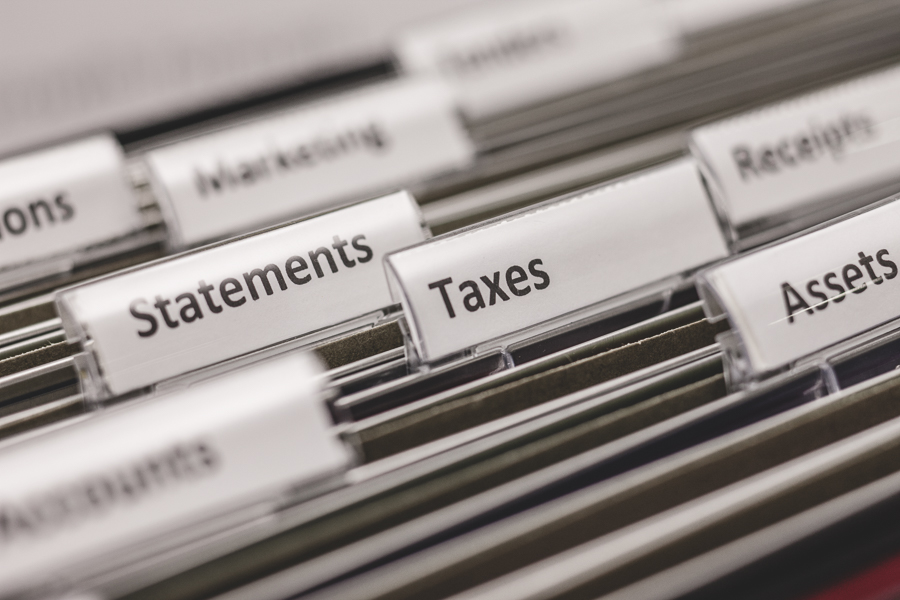 Recordkeeping for your business is primarily driven by tax requirements, but your industry may have specific requirements for records as well. The information of this blog is not considered tax advice and you should always consult your tax preparer when making decisions which could affect your tax situation. The article is based on the IRS publication What kind of records should I keep and a further resource is IRS Publication 583.
Recordkeeping for your business is primarily driven by tax requirements, but your industry may have specific requirements for records as well. The information of this blog is not considered tax advice and you should always consult your tax preparer when making decisions which could affect your tax situation. The article is based on the IRS publication What kind of records should I keep and a further resource is IRS Publication 583.
Store business records electronically, in hard copy, or a mixture of both. Records must show your income and expenses and a summary of all your business transactions. Your industry can affect the records you need to keep for federal tax purposes. Your accounting system or business books must show the following and many small businesses can use their checking account as the source documentation for these entries for their bookkeeping:
- Gross Income
- Deductions
- Credits
Along with the source document of your banking account, you are required to have supporting business documents for purchases, sales, payroll, and other transactions. Organize documents by year and type (income or expense). Let’s talk about supporting business documents by major categories.
Gross Receipts
Gross receipts is your basic income category. Supporting documentation can be found in the following:
- Cash register tapes
- Deposit information
- Receipt Books
- Invoices
- Forms 1099-MISC
Purchases
The things you buy and resell to customers encompass purchases. Purchases can include raw materials for manufacturing or parts. Supporting documentation of the purchases can be any of the following:
- Cancelled checks or other documents that identify payee, amount, and proof of payment/electronic funds transferred
- Cash register tape receipts
- Credit card receipts and statements
- Invoices
Expenses
Expenses are the other costs you have to conduct business. At minimum, supporting documentation should contain the amount and description showing it was for a business expense.
- Cancelled checks or other documents that identify payee, amount, and proof of payment/electronic funds transferred
- Cash register tapes
- Account statements
- Credit card receipts and statements
- Invoices
- Petty cash slips for small cash payments
Travel, Transportation, Entertainment, and Gift Expenses
Travel, transportation, entertainment, and gift expenses have many rules Publication 463 addresses those rules.
Assets
The property that you own and use in business are the assets. Assets can be tangible or intangible. Supporting records must include the following:
- When and how you acquired
- Purchase price
- Cost of any improvements
- Section 179 deduction taken
- Deductions taken for depreciation
- Deductions taken for casualty losses
- How you used the asset
- When and how you disposed of the asset
- Selling price
- Expenses of sale
Supporting documents with the above information for assets include:
- Purchase and sales invoices
- Real estate closing statements
- Canceled checks or other documents that identify payee, amount, and proof of payment/electronic funds transferred
Employment Taxes
Employment taxes have specific records that must be kept for at least four years. The detailed information can be found in IRS Publication 15 Circular E and additional information on IRS Tax Recordkeeping.
In conclusion, all businesses have to retain records in some way. A best practice is to have a written records retention policy for your business detailing the time frame you will retain the records. The resources contained in this blog are a great starting point in developing your business’ record retention policy.

